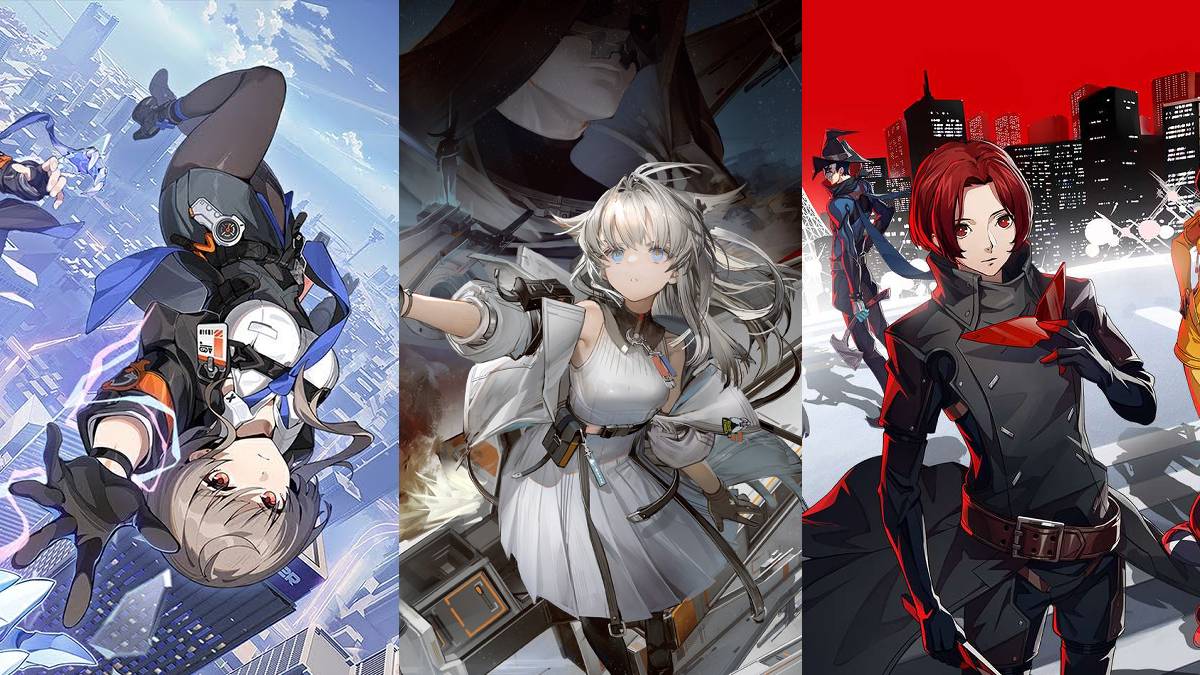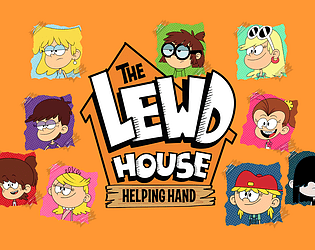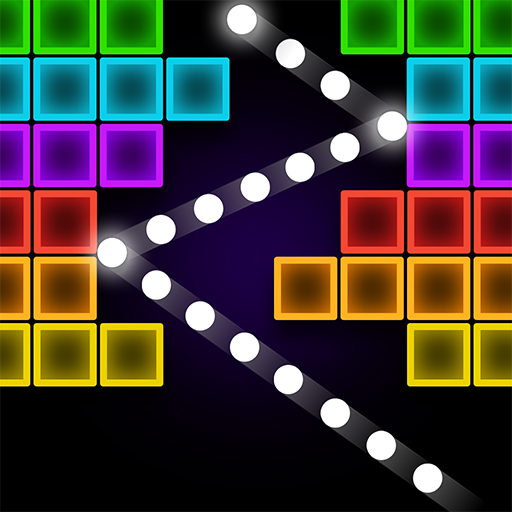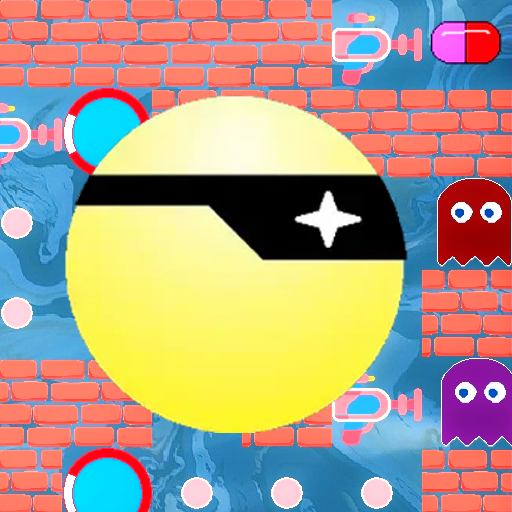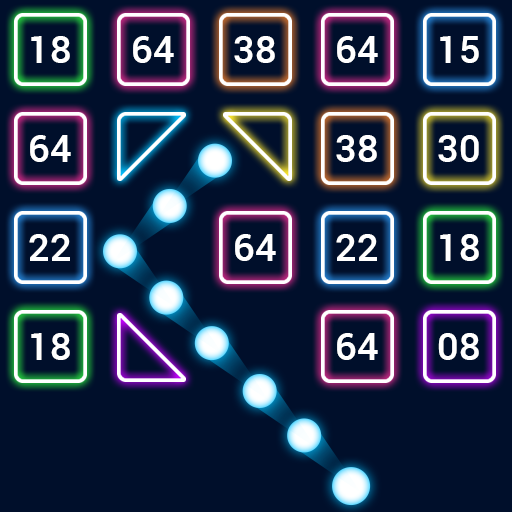"God of War's Success Hinges on Reinvention"
The God of War series has been a cornerstone of PlayStation gaming since its inception in 2005, evolving dramatically over the course of four console generations. Kratos, the series' protagonist, began his journey fueled by vengeance, ultimately becoming the new god of war. Few could have predicted the trajectory of this franchise, which has not only survived but thrived through constant reinvention. A pivotal moment came with the 2018 reboot, which shifted Kratos from the familiar landscapes of Ancient Greece to the rich tapestry of Norse mythology. This change not only altered the game's setting but also revolutionized its gameplay and narrative style. However, even before this major overhaul, Sony Santa Monica made numerous smaller adjustments that kept the series fresh and engaging.
The future of God of War hinges on its ability to continue evolving. Director Cory Barlog has expressed interest in exploring settings like the Egyptian and Mayan eras, sparking speculation about future directions. An Egyptian setting, in particular, is tantalizing due to its unique culture and mythology. Yet, a new setting alone isn't enough; the series must continue to reinvent itself, much like it did when transitioning from the Greek trilogy to the Norse saga, retaining core elements that fans love while introducing innovative changes.
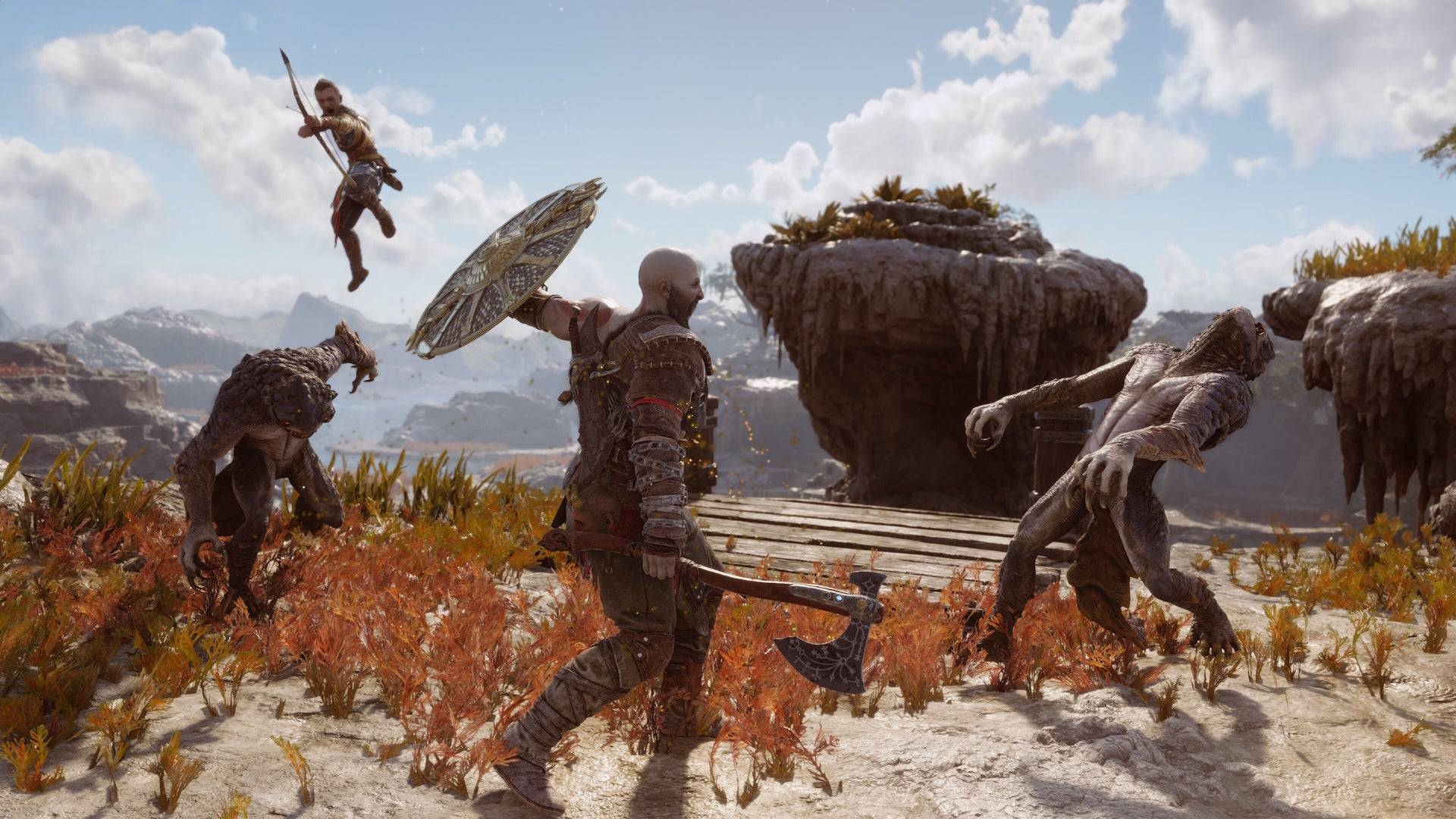 God of War's combat evolved significantly in the Norse games, yet it remained faithful to the intense spirit of the original Greek trilogy. | Image credit: Sony
God of War's combat evolved significantly in the Norse games, yet it remained faithful to the intense spirit of the original Greek trilogy. | Image credit: Sony
Throughout its history, God of War has consistently evolved with each installment. The original Greek trilogy refined its hack-and-slash gameplay over a decade, culminating in the polished experience of God of War 3 on the PlayStation 3. This final chapter introduced a revamped magic system and a wider variety of enemies, taking full advantage of the PS3's enhanced capabilities with new camera angles and stunning graphics.
The 2018 reboot, while transformative, also meant the loss of certain elements from the Greek games. The platforming and puzzle-solving that were integral to the original trilogy were largely replaced, partly due to the shift to a third-person, over-the-shoulder camera perspective. Puzzles remained but were redesigned to fit the new adventure-focused narrative.
The Valhalla DLC for God of War Ragnarök marked a return to the series' roots. It reintroduced battle arenas, a beloved feature from the Greek era, adapted to the Norse setting. This mechanical callback was mirrored in the story, with Kratos confronting his past, effectively closing a narrative loop.
 While the original trilogy had compelling narratives, the Norse duology elevated God of War's storytelling to new heights. | Image credit: Sony
While the original trilogy had compelling narratives, the Norse duology elevated God of War's storytelling to new heights. | Image credit: Sony
The Norse iteration of God of War introduced numerous innovations, including the Leviathan Axe's unique throwing mechanics, a combat-defining parry system with various shield types, and a magical spear in Ragnarök that added a faster, more explosive attack style. These new elements enriched the exploration of the Nine Realms, each with distinct enemies, aesthetics, and challenges.
The most striking evolution in the Norse games is in the storytelling. The narrative delves deeply into Kratos' emotional journey, exploring his grief over his deceased wife and his complex relationship with his son, Atreus. This emotional depth contrasts sharply with the more straightforward, action-driven stories of the original trilogy, contributing significantly to the Norse era's critical and commercial acclaim.
The reinvention of God of War reflects a broader approach to franchise development, where the Norse games are seen not as sequels but as extensions of Kratos' journey. This perspective is crucial for future installments to maintain the series' momentum.
The success of reinvention is not guaranteed, as evidenced by the Assassin’s Creed series. Despite frequent shifts in setting and gameplay, Assassin’s Creed has struggled to retain the same level of fan loyalty as God of War. The move to an open-world RPG format with Assassin’s Creed Origins and subsequent games has diluted the series' focus on the Assassin’s guild, leading to a more fragmented narrative and mixed fan reactions. The introduction of content bloat and a shift towards power fantasies have further alienated some long-time fans. Efforts to course-correct, such as the 2023 release of Assassin’s Creed Mirage, which returned to the series' roots, have been steps in the right direction but highlight the challenges of maintaining a series' identity amidst change.
God of War's success in navigating its evolution lies in its ability to retain the core elements that made it popular—the intense, satisfying combat—while expanding on its narrative and gameplay. Each new game builds upon this foundation, introducing new combat options, weapons, and narrative depth without losing the series' essence.
As speculation about an Egyptian setting continues, the next God of War must continue to evolve while preserving what has made the series so successful. The 2018 reboot focused on maintaining the high standards of combat set by the Greek trilogy. However, the next installment will likely be judged primarily on its storytelling, which has been the crowning achievement of the Norse duology. Kratos' transformation from a vengeful warrior to a nuanced father and leader underscores the importance of narrative in the series' recent success. Future games must build on this strength, introducing bold changes that could define the next era of God of War.
- 1 Silent Hill 2 Remake Confirms Xbox, Switch Release in 2025 Feb 08,2025
- 2 Dragon Soul Tier List: Ultimate Guide May 12,2025
- 3 Connect Asus ROG Ally to TV or Monitor: Easy Guide Apr 06,2025
- 4 "Persona Games and Spin-Offs: Complete Chronological List" Apr 09,2025
- 5 The Best Marvel Contest of Champions Tier List for 2025 Mar 19,2025
- 6 Fix 'Can't Connect to Host' Error in Ready or Not: Quick Solutions Jun 13,2025
- 7 Assassin's Creed Shadows: Max Level and Rank Cap Revealed Mar 27,2025
- 8 How to Run JioHotstar on PC with BlueStacks Feb 28,2025
-
Top Arcade Classics and New Hits
A total of 10
-
Addictive Arcade Games for Mobile
A total of 10
-
Android Apps for Video Content Creation
A total of 10












![Roblox Forsaken Characters Tier List [UPDATED] (2025)](https://img.actcv.com/uploads/18/17380116246797f3e8a8a39.jpg)
